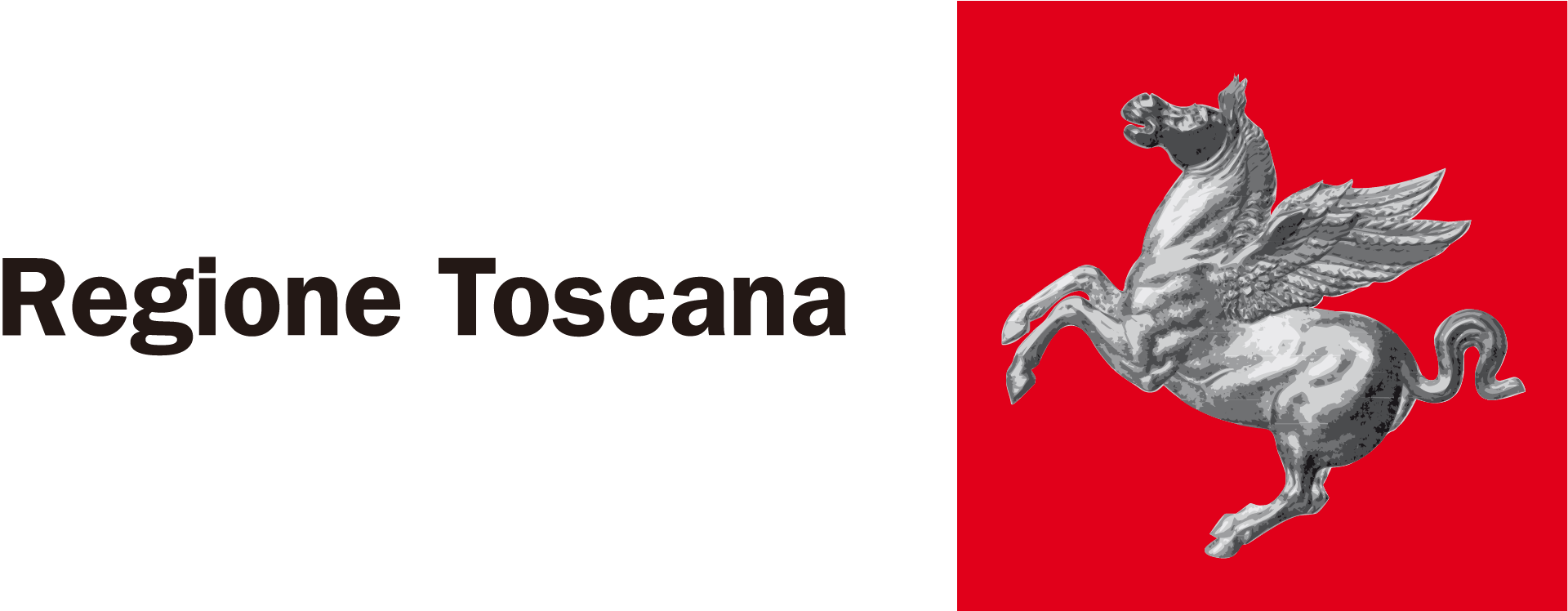The access to and cost sharing of many social services conform to the Equivalent Economic Situation Indicator (Indicatore della Situazione Economica Equivalente – ISEE). The Prime Ministerial Decree (DPCM) 159/2013 has profoundly changed the modalities for the computation of ISEE. The reform’s implementation process requires that the suppliers of public services adapt to the new discipline, by revising both the entry thresholds and the cost-sharing modalities. Because of this, it is absolutely necessary for the bodies involved in service provision and for those charged with the regulation of the access and cost-sharing modalities to get acquainted beforehand with the possible effects of reform. The cost-sharing system for social and health services for dependent people is heavily affected by reform. In fact, the DPCM 159/201 tackled consistently and broadly the issue of non self-sufficiency. This document presents a first evaluation of the impact that the ISEE reform might have on the health and social services for non self-sufficient people. The analysis was supported by the INPS database on the income tax return statements (Dichiarazioni Sostitutive Uniche – DSU) of Tuscan citizens for 2013 and on the sample survey of families “European Union Statistics on Income and Living Condition” (EU-SILC) conducted in 2011.
©IRPET, Luglio 2014
ISBN 978-88-6517-063-2
Autore: Letizia Ravagli









